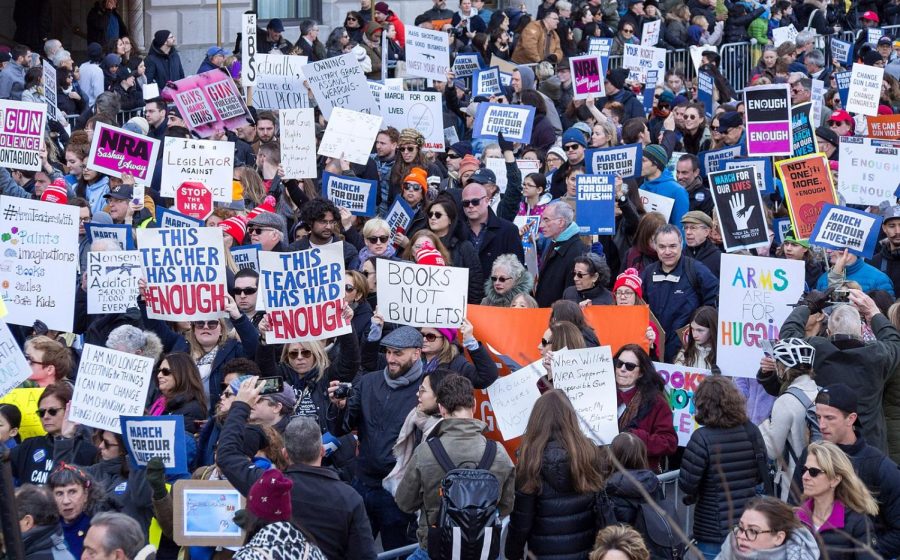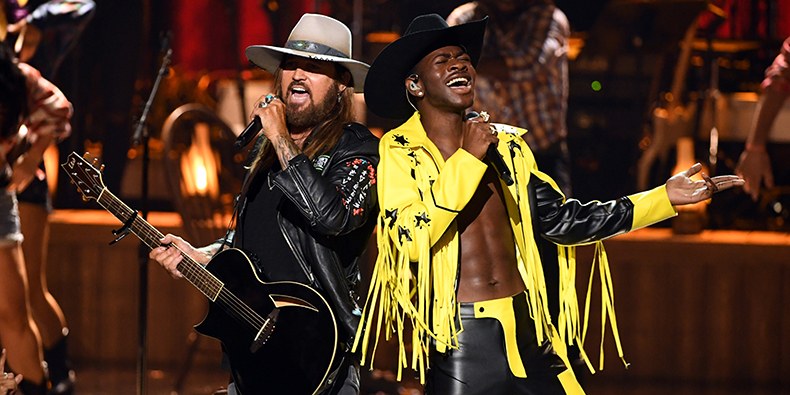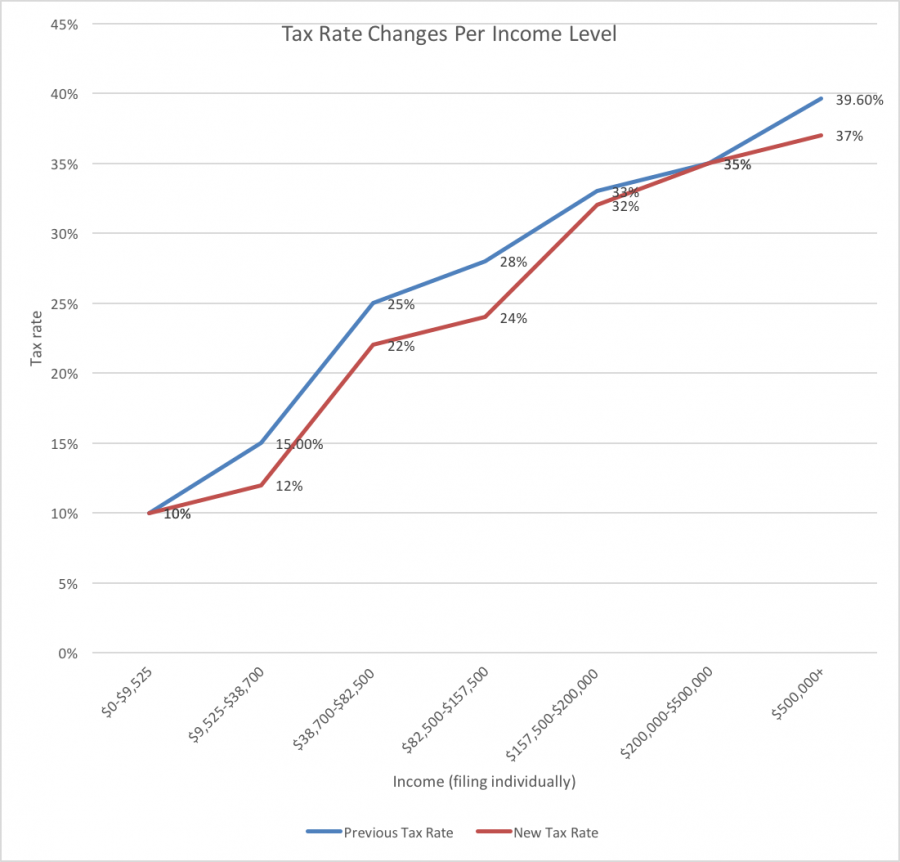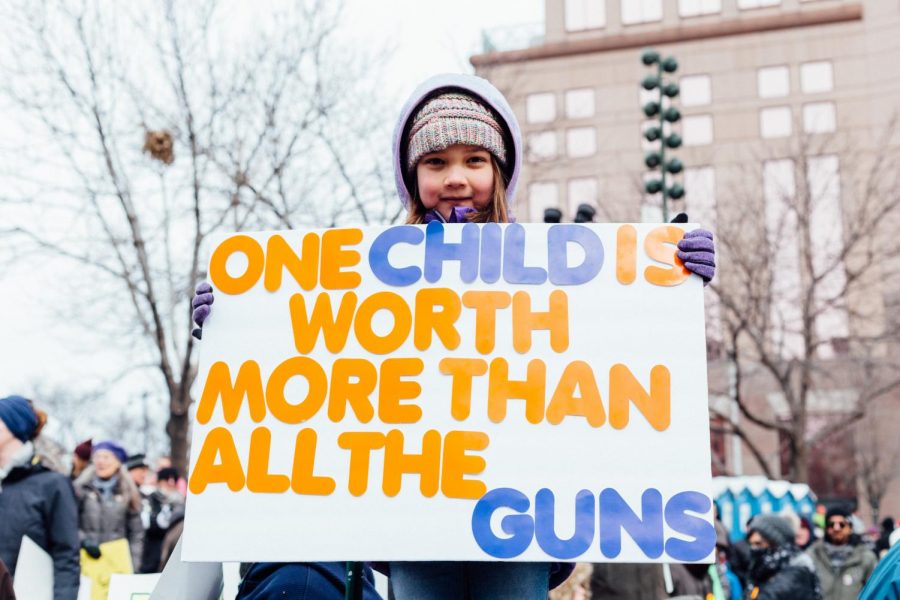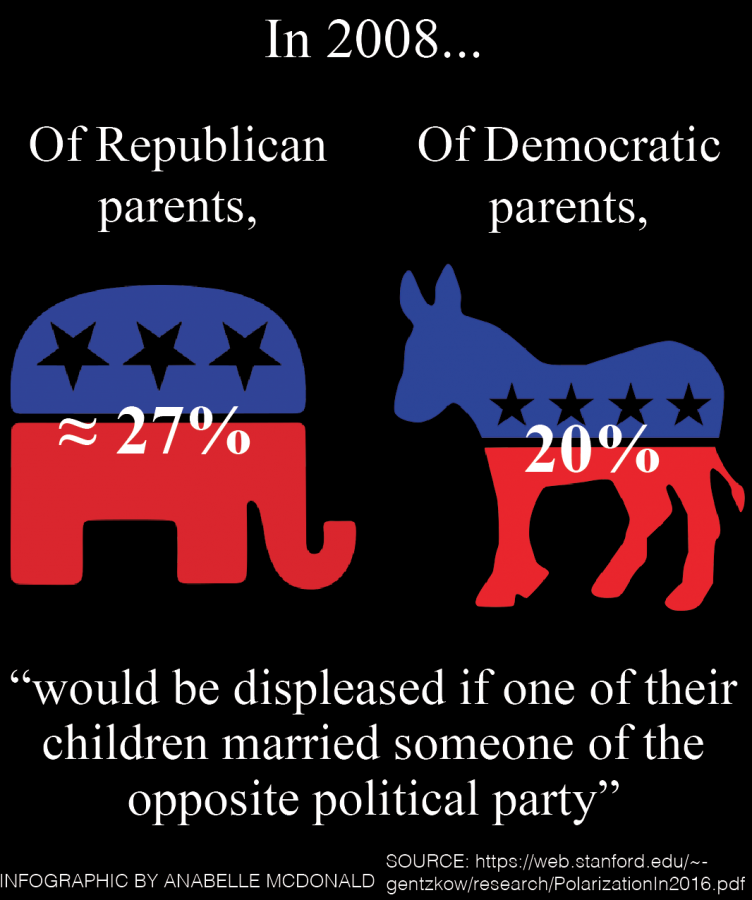The 18-22 year-old demographic enjoys the idea of being politically active more so than political activism itself.
There was a line snaking around the Alumni Memorial Union for the 2016 Presidential Election viewing party, yet there was only a little over a 20 percent overall voter turnout for the City of Milwaukee during the most recent alderman election.
Students making their voices heard by being informed and active voters is crucial to a successful nation. However, there is a large disconnect between Americans eligible to vote and Americans who actually will cast a ballot.
Rock the Vote, a nonpartisan organization focused on increasing young registered voters, announced earlier this year that the young adult vote has reached a pivotal status.
The Pew Research Center determined that in the 2016 presidential election, millennials and Gen Xers, individuals under the age of 51 years old, outvoted baby boomers and older generations by nearly 68 million voters. It is even estimated that millennials will outnumber Gen Xers by the 2020 elections.
A number of different factors can deter potential voters. One being that the current United States political system puts the burden on the voter — registration takes work. Or, the common misconception that people’s votes will not matter.
Over 800,000 people, many being students, participated in a recent social justice protest, “March for Our Lives.” Yet, the support for these issues does not often result in an increase in voter turnout, and therefore, these opinions are not as well-represented as they have the potential to be. Enacting change through social media channels and protests cannot replace actual participation in elections.
Without the publicity and sensationalism of presidential and Congressional elections, years with only local and regional elections don’t draw as many voters to the polls. Across the United States, voter turnout for local elections is dismal.
However, these local elections are where the community voices’ go furthest, and individuals have the opportunity to directly see the changes they voted for enacted.
On an even smaller scale, student voter participation in Marquette University Student Government elections is crucial to maintaining a campus environment indicative of the values of the student population at the university. In this year’s MUSG election, voter turnout increased by three percent — just shy of their goal of 30 percent.
Voting is a duty that comes more than just once every four years. Casting a vote affords Americans a concrete example of standing up for what we believe in. It gives us the chance to say what we think in a formal setting and one that can actually make a difference.

